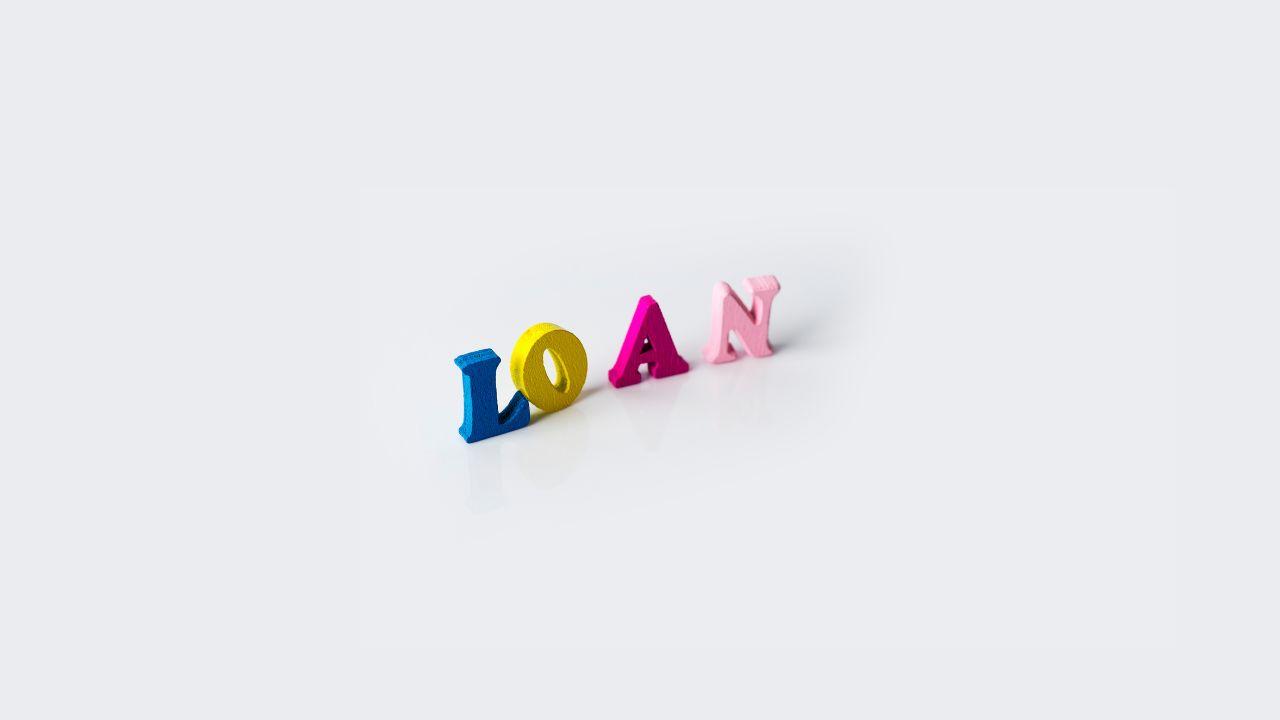Personal Loan DSA Registration – Eligibility, Documents & Process

The demand for personal loans in India has seen a significant surge, and with that, the role of Direct Selling Agents (DSAs) has become increasingly important. If you're looking to become a Personal Loan DSA, you're stepping into a lucrative opportunity where you can earn attractive commissions by connecting potential borrowers with lenders.
In this blog, we’ll guide you through the eligibility criteria, required documents, and the registration process for becoming a Personal Loan DSA.
Who is a Personal Loan DSA?
A Personal Loan DSA (Direct Selling Agent) acts as an intermediary between a borrower and a lender. Their job is to source potential customers for personal loans, collect documents, and ensure the application is processed smoothly. In return, DSAs receive a commission from the lender for each successful loan disbursal.
Eligibility Criteria for Personal Loan DSA Registration
Anyone can become a DSA, but there are some basic eligibility conditions you must meet:
-
Age: Must be at least 18 years old.
-
Education: Minimum qualification is usually 10+2, though higher education can be an advantage.
-
Citizenship: Must be an Indian citizen with valid ID proof.
-
Occupation: Salaried individuals, self-employed professionals, business owners, or even retired persons can apply.
-
Communication Skills: Good communication and interpersonal skills are essential to explain loan products and convince customers.
-
Clean Background: A good credit history and no criminal record are usually preferred.
Note: Some banks and NBFCs may have additional criteria based on their internal policies.
Documents Required for DSA Registration
To register as a DSA, you’ll need to submit the following documents:
-
KYC Documents:
-
PAN Card
-
Aadhaar Card or Voter ID/Passport/Driving License
Address Proof:
-
Utility Bills / Rent Agreement / Bank Statement
Bank Details:
-
Canceled cheque or bank passbook copy for commission credit
Education Certificate:
-
Copy of 10th or 12th pass certificate (as applicable)
Photographs:
-
Recent passport-sized photographs
Business Registration (if applicable):
-
GST certificate, company PAN, or registration proof (for firms or companies registering as DSA)
DSA Registration Process – Step by Step
Here is how the typical DSA registration process works:
Step 1: Choose a Lender or Aggregator
Identify banks, NBFCs, or loan marketplaces that offer DSA partnerships. You can apply directly to lenders or through aggregator platforms that offer access to multiple lenders.
Step 2: Fill Out the Application Form
You’ll need to fill an online or offline DSA registration form with basic details such as your name, contact information, PAN, and business details (if applicable).
Step 3: Submit Documents
Upload or submit all the required documents for verification.
Step 4: Background Check & Agreement
Once your documents are verified, the lender will conduct a background check. After that, you’ll sign a DSA agreement outlining your responsibilities and commission structure.
Step 5: Get DSA Code
On successful registration, you’ll be assigned a unique DSA code. This code will be used to track all your leads and commissions.
Conclusion
Becoming a Personal Loan DSA is a great way to start a part-time or full-time income stream with low investment. As the personal loan market grows, the need for reliable agents will also rise. With the right skills and network, you can build a steady income while helping people get access to financial support.






